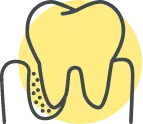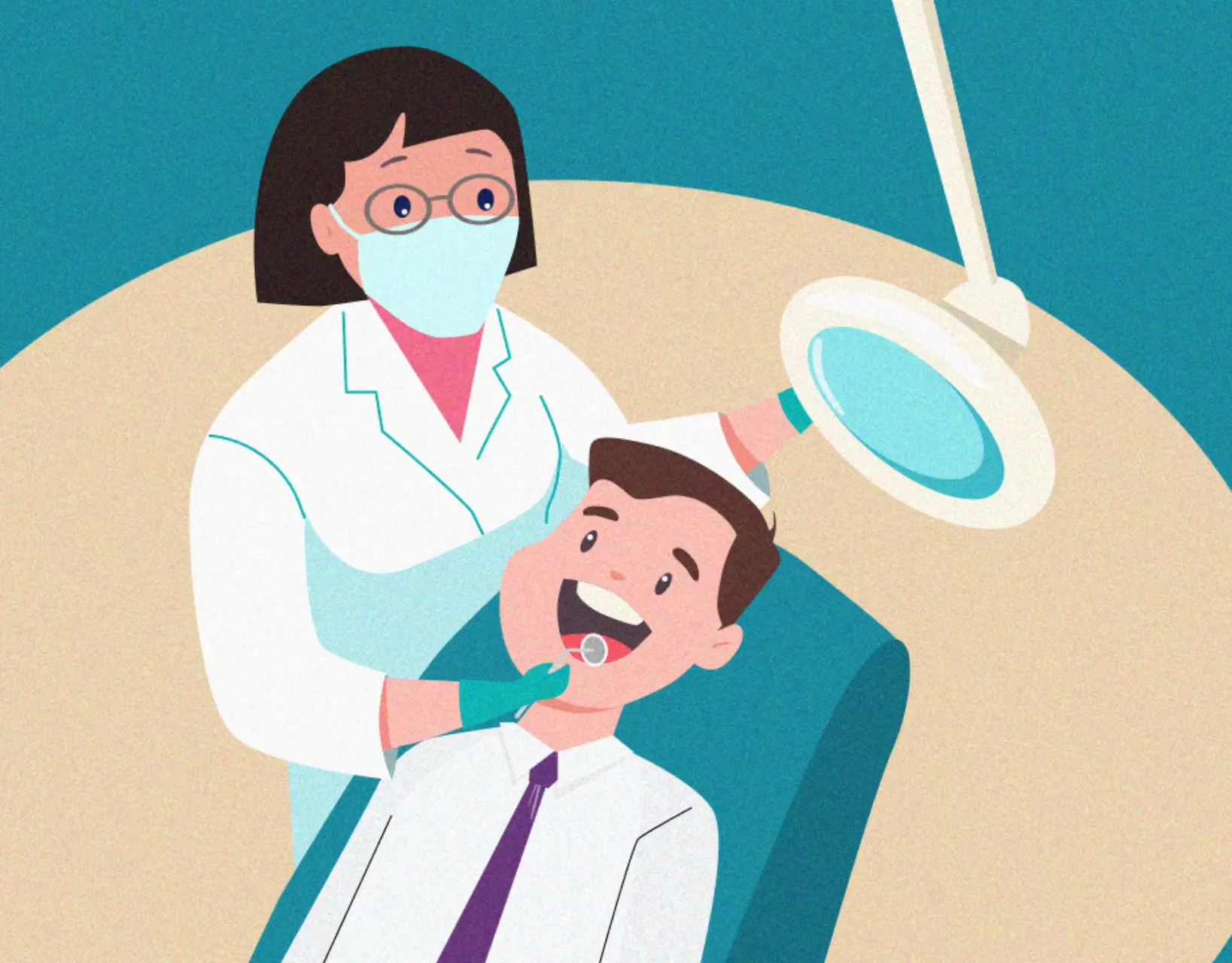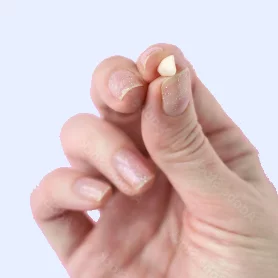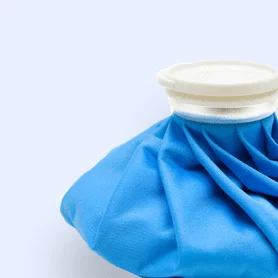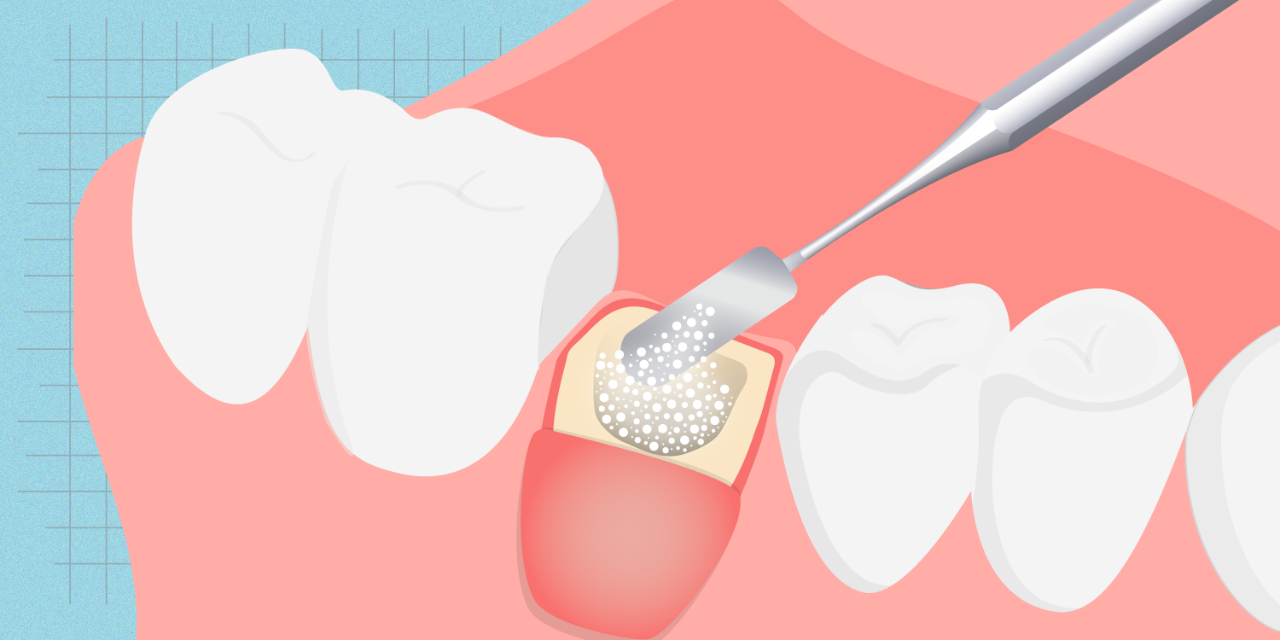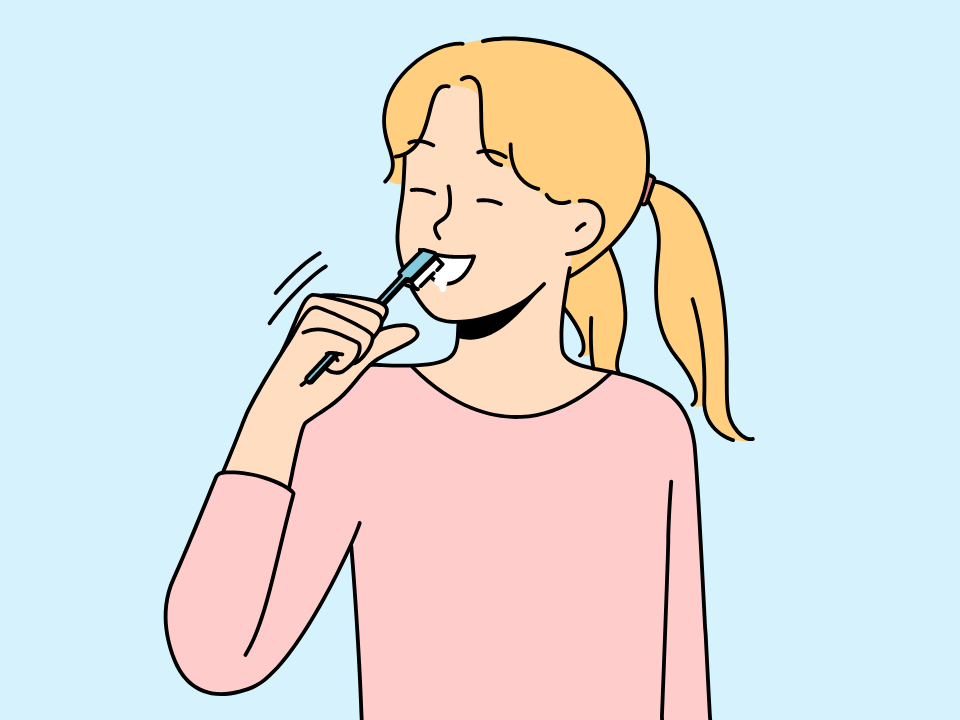Gum recession can be caused by aggressive brushing, poor oral hygiene, gum disease, hormonal changes, smoking, teeth grinding, and genetic predisposition.
What Causes Gum Recession?

Treatments for Receding Gums
When gum recession causes symptoms, like tooth sensitivity, pain, or infection, we can treat receding gums. Receding gums treatment includes deep cleaning of bacteria and plaque, treating active gum infections, and surgically placed gum tissue grafts
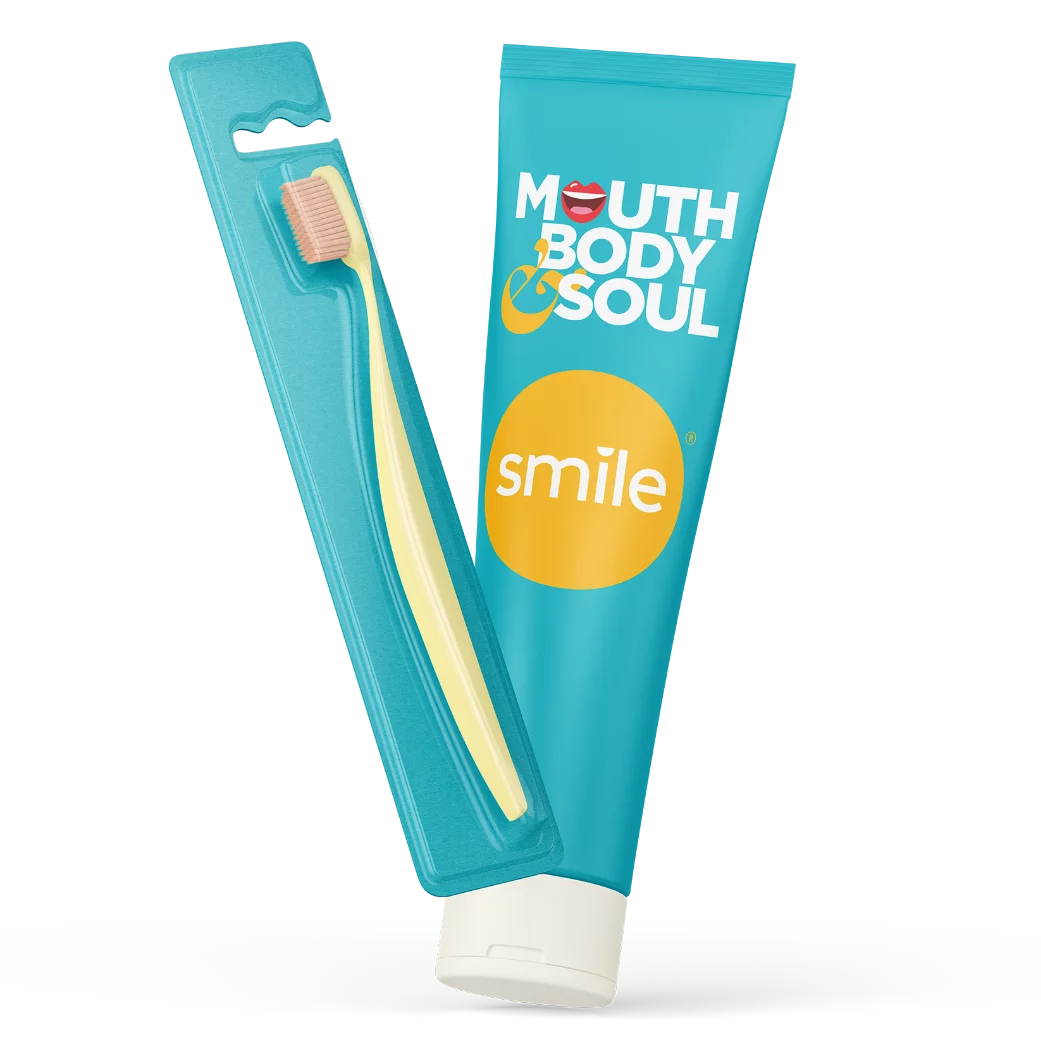
How can we help?
Book an Appointment Today
Don't let receding gums impact the health and stability of your teeth. Talk to a Smile Generation-trusted dentist to address any concerns about gum disease.
Related Posts
The elements in your mouth - gums, teeth, jawbone - are all interconnected. Each one can have an impact on the other. If you have gum disease, for example, it can impact the health of your teeth and j
Many oral problems can lead to tooth pain. Cavities, gum disease, and an injury are the three issues people most commonly associate with oral pain. But another issue that has the potential to cause se
The teeth and tongue usually take center stage when people think of anything to do with the mouth. But maintaining healthy gums is also an important part of any oral care regimen.
Healthy vs. Unhealth


